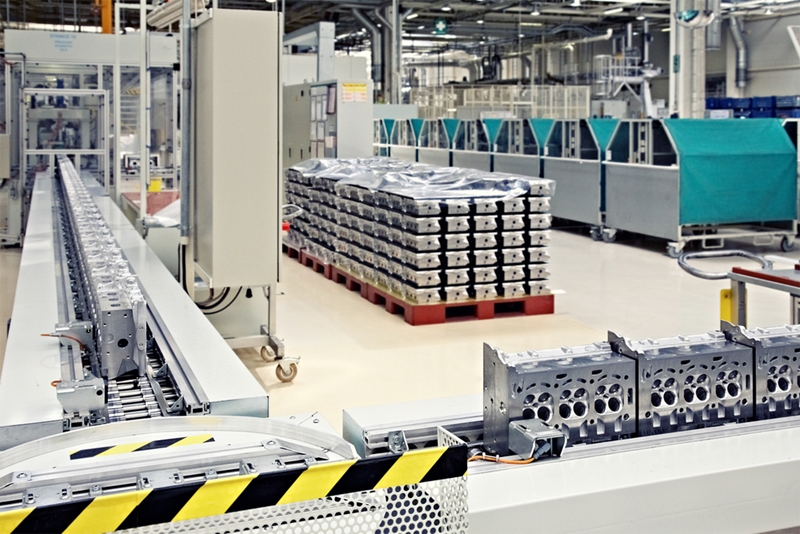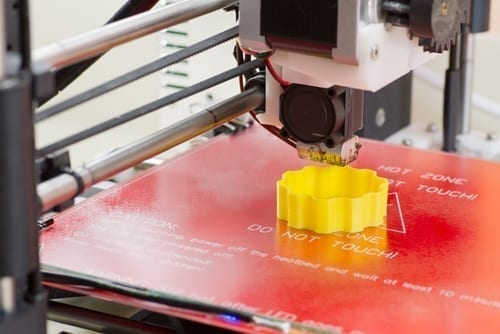Small enterprise is at the heart of our business environment in New Zealand. However, when it comes to innovation, many companies struggle to turn investment into commercial products.
Firms need to be clever at absorbing ideas and knowledge from their environment.
According to the Productivity Commission, NZ invests a fair amount into research and development (R&D) compared to the rest of the OECD (holding the number 20 spot overall), the payoff from this investment is not being fully realised.
“While there has been a general shift towards more firms engaging in R&D activity, fewer firms are introducing new goods and services,” said Paul Conway, director of economics and research at the Productivity Commission.
“This suggests the innovation process hasn’t been working as well as it could.”
The government has aimed to increase R&D spending until it comprises 1 per cent of total GDP but this is only part of the solution to raise innovation amongst small enterprises. Conway believes that businesses will need to harness their own methods to develop new processes and products.
“Firms need to be clever at absorbing ideas and knowledge from their environment – including customers, suppliers, and even competitors – and at connecting the products they generate with the needs of others,” he said.
How can information collection help?
In order to spur innovation, it can be useful to view the process as a problem-solving exercise . This is the core of data-driven innovation (DDI) which generated $NZ2.4 billion of value in 2014, according to a report from The Innovation Partnership.
DDI involves harnessing information collection, storage, processing and analysis to determine the potential areas where improvements can be made. It is important for this process to be shared throughout the company and that individual parties are able to contribute. The final outcome in this process is better decision making, allowing firms to develop new services or products and make smarter investments.
Not only does this process lead to better economic outcomes, it can also bring social benefit. Government departments can use DDI to improve public services, as illustrated in the case of hospitals. For example, the report suggests that DDI can bring more effective identification of those in acute danger of hospital admission, leading to better preventative action.

Even in day to day operations, data collection can contribute a lot towards innovation. A report by PricewaterhouseCoopers (PwC) described how collecting data through monitoring technology such as Business Intelligence Software can increase cost efficiency and market agility.
By keeping track of how your business operates, you can more easily find where the weaknesses lie in your production process. This method also makes it easy to test processes and find areas where performance can be optimised.







